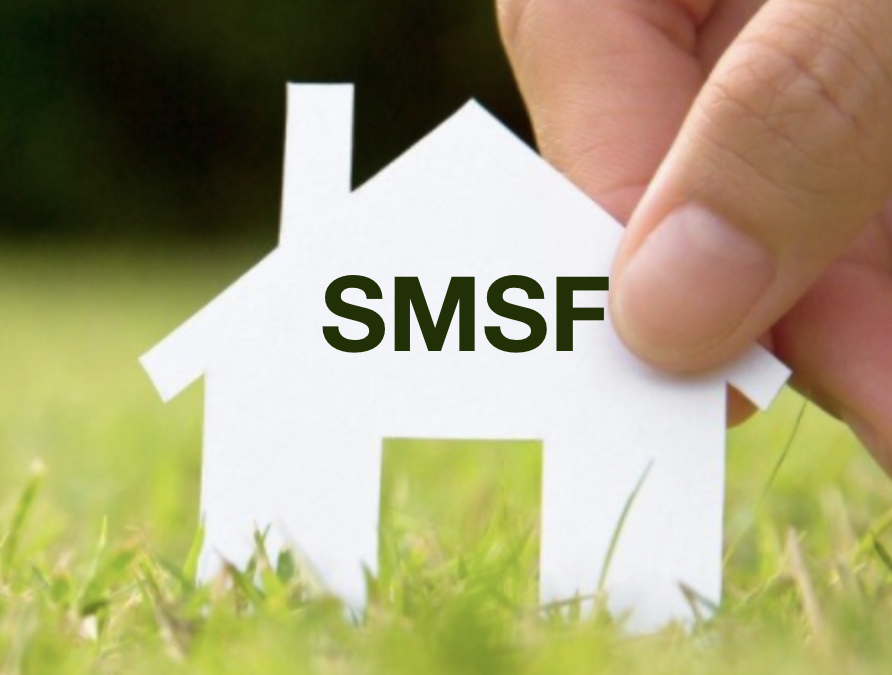Investing in property through a
Self-Managed Super Fund (SMSF)
can be a strategic approach to
building retirement wealth.
However, navigating the specific
regulations and guidelines is
essential to ensure compliance
and maximize benefits.

Here are five crucial rules to consider:
1) Adherence to SMSF Compliance Laws
SMSFs are regulated by the Australian Taxation Office (ATO) and must operate solely to provide retirement benefits to members, known as the ‘sole purpose test’. Trustees are responsible for:
- Developing and following an investment strategy.
- Securing appropriate insurance for members.
- Accepting only member contributions.
- Monitoring fund balances and managing withdrawals.
- Appointing a registered auditor for annual audits.
- Maintaining accurate records.
Non-compliance can result in penalties imposed by the ATO.
2) Restrictions on Acquiring Residential Property from Related Parties
An SMSF cannot purchase residential property from a related party, which includes fund members and their relatives. Additionally, the property must not be:
- Occupied by fund members or their relatives.
- Rented to fund members or their relatives.
This ensures that investments are made on an arm’s length basis.
3) Distinctions Between Residential and Commercial Property Investments
While residential properties have strict usage restrictions, SMSFs can lease commercial properties to related parties under specific conditions:
- The property must be leased at market rates.
- The lease agreement should be commercially sound.
This allows business owners to operate from premises owned by their SMSF, provided compliance with all regulations.
4) Borrowing Rules for Property Investment
SMSFs can borrow funds to purchase property through a Limited Recourse Borrowing Arrangement (LRBA). Key considerations include:
- The loan must be used to acquire a single acquirable asset.
- The borrowed funds cannot be used to improve an existing property.
- Lenders may require higher deposits and charge higher interest rates for SMSF loans.
Understanding these borrowing constraints is vital for effective financial planning.
5) Tax Implications of SMSF Property Investments
Income generated from SMSF property investments is generally taxed at a concessional rate of 15%. If the property is held for more than 12 months, the fund may be eligible for a one-third discount on any capital gains tax, effectively reducing the tax rate to 10%. However, non-compliance with SMSF regulations can lead to the fund being taxed at the highest marginal tax rate.
We can help
Navigating the complexities of SMSF property investment requires careful planning and adherence to regulations. Consulting with the AustAsia Group professionals, experienced in SMSF compliance and property investment, ensures your investment strategy aligns with legal requirements and retirement goals.
Further reading
Understanding SMSF Property Renovation Rules



